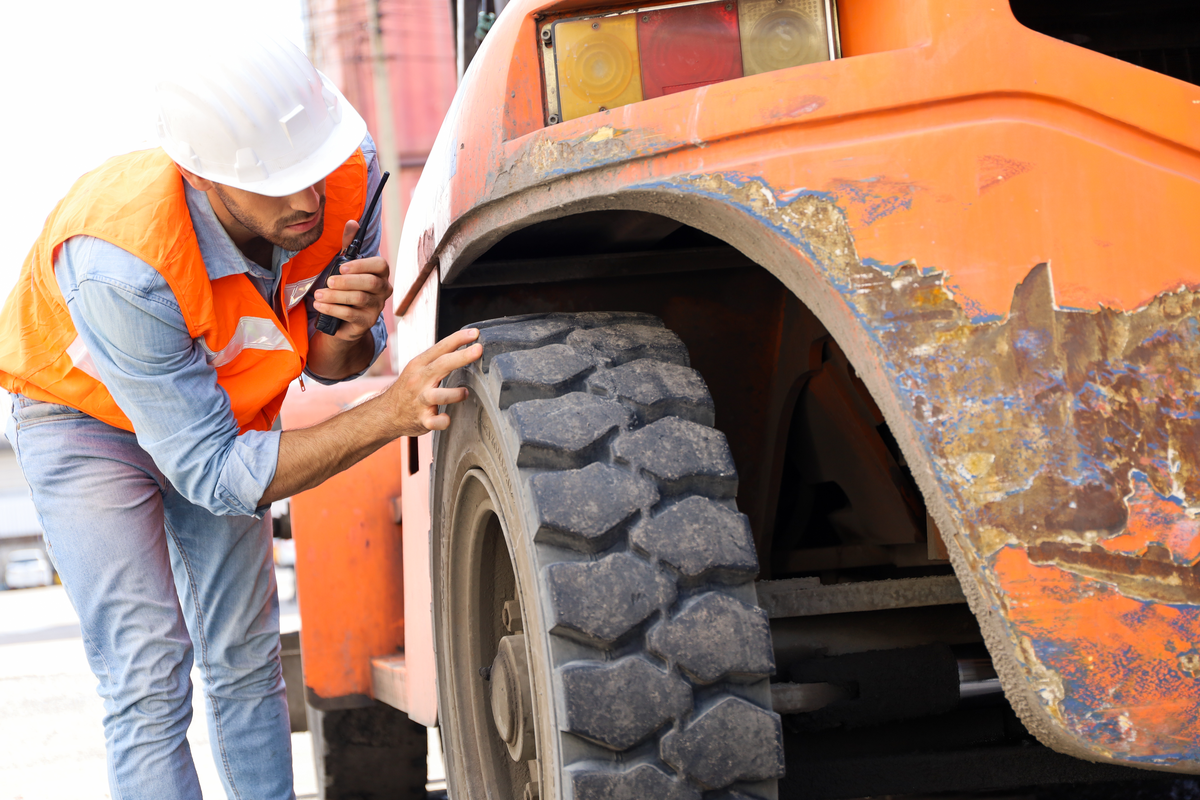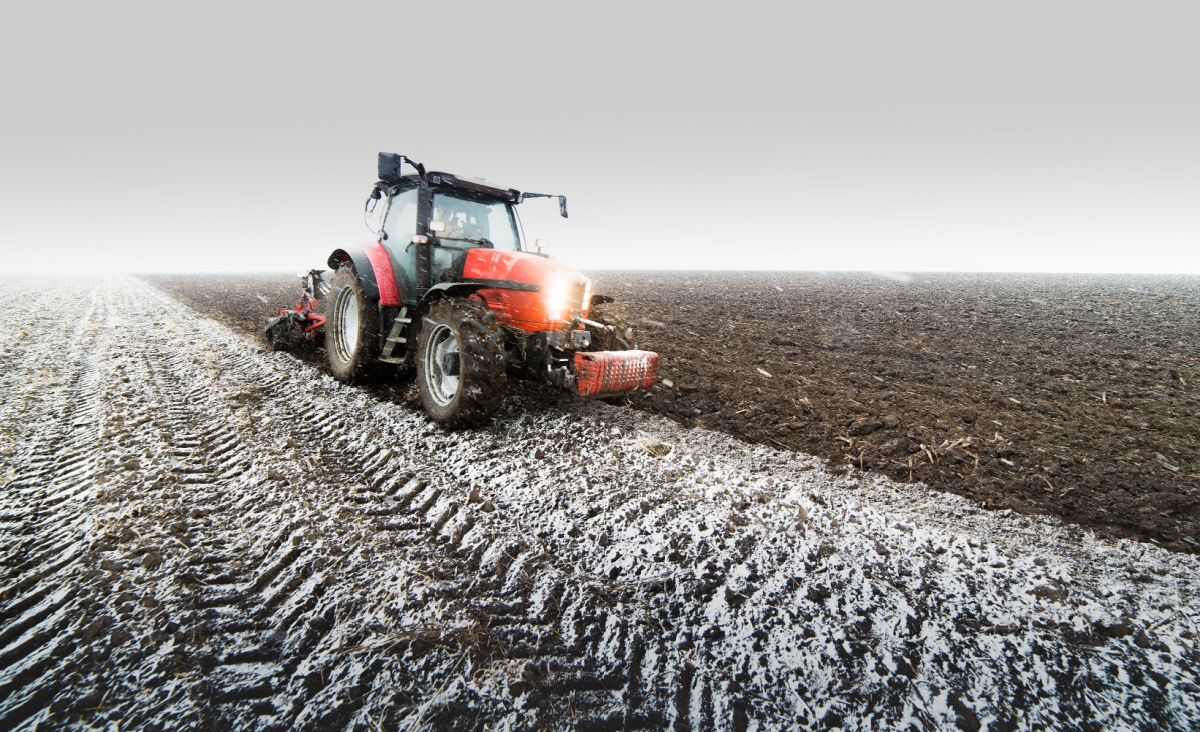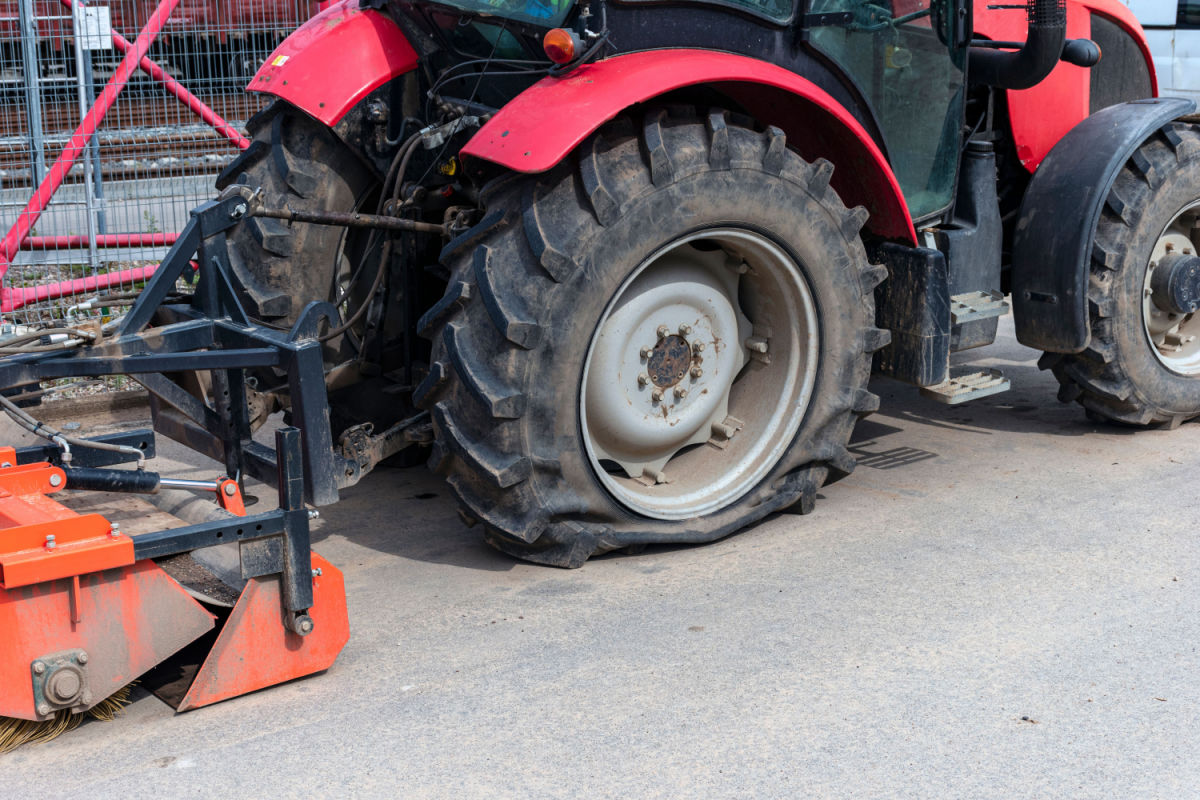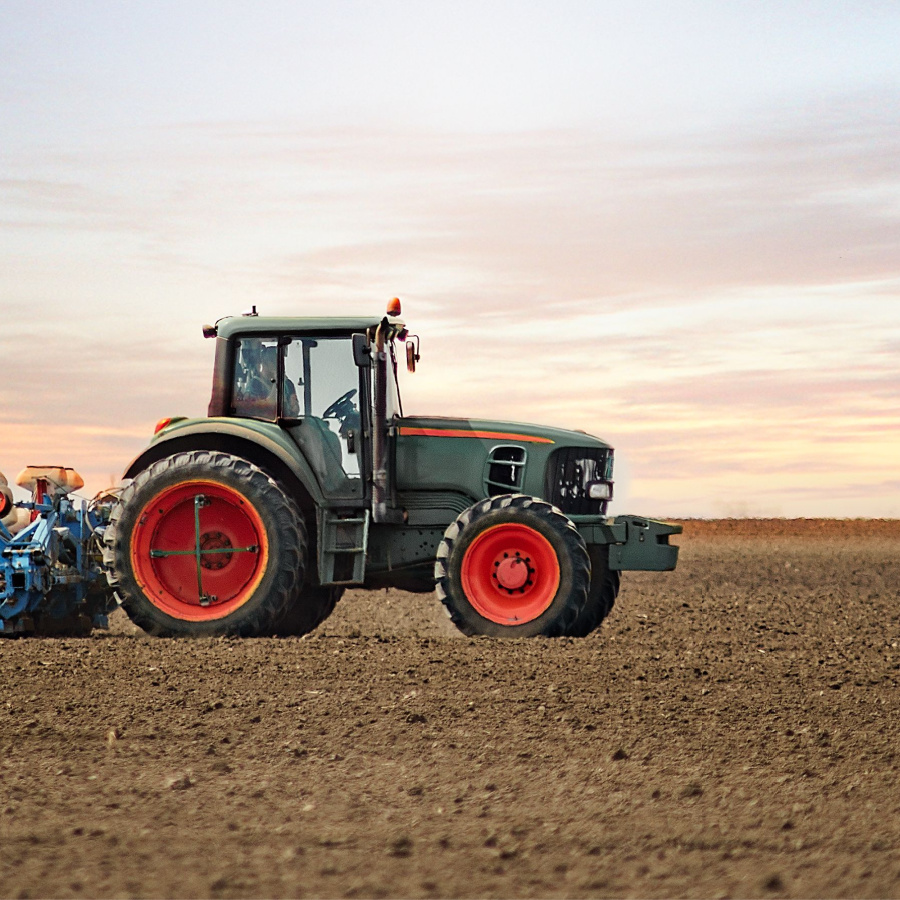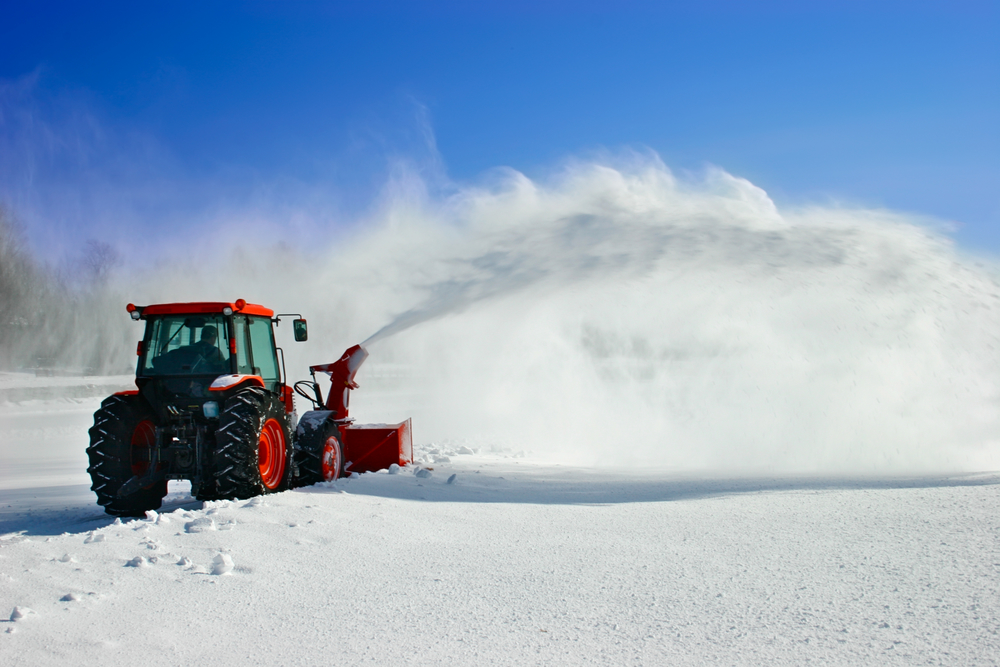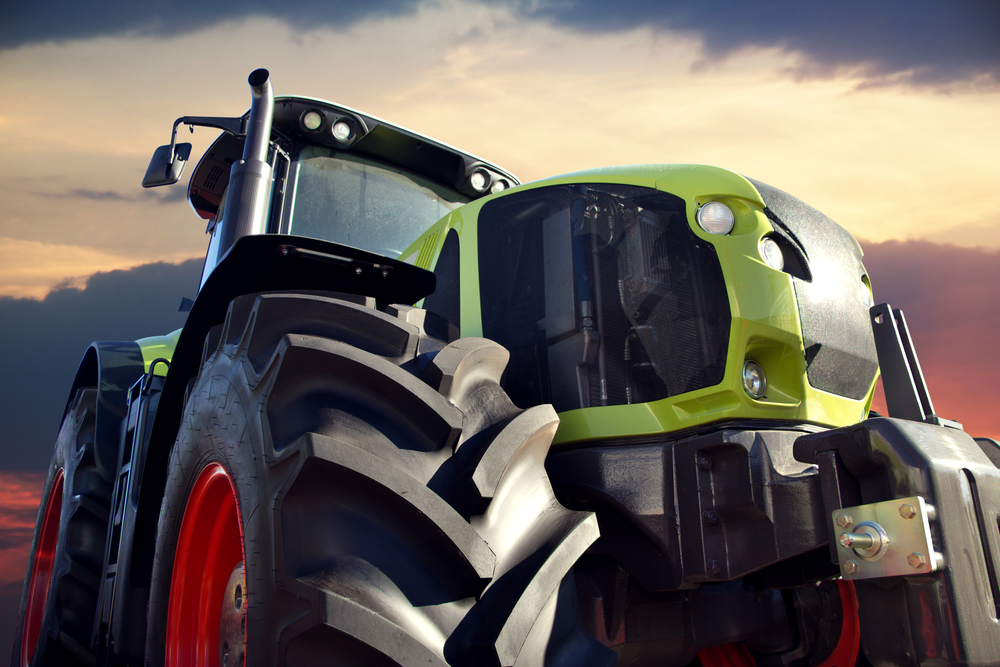Blog
-
Keeping up with maintenance is the best way to ensure smooth operation when handling your forklift fleet. Everything operates from the ground up, and that's why it's good to keep up with your forklift's tire maintenance needs. Poorly maintained tires put your machine and operations at risk, so it's good to know a few good forklift maintenance tips for your tires and keep everything running smoothly. more...
-
Winter weather can do a number on your tractor’s tires and require you to take a more proactive approach to maintaining them properly throughout the season. Keeping your tractor tires ready for use throughout the winter requires maintenance and a clear idea of what you need to look out for. Knowing the potential problems that could go wrong with your tires will help you understand what you need to be aware of when performing your routine winter checks. more...
-
Whether you own an ATV, UTV, tractor, or lawnmower, it’s essential to inflate tires without damaging them. And it should go without saying to never drive on a flat tire. more...
-
There’s no such thing as one-size-fits-all tractor tires. A single farm can have loose, soft soil, hard-packed soil, rocky ground, pavement, and well-manicured grass. Each surface requires different types of tractor tires for optimal traction, and the properties that make a tire perfect for one will be unsuited for the next.
Since purchasing tractor tires is a long-term investment, it pays to carefully consider which tires will give you the best performance.
more... -
When tires begin to form cracks and start to harden, that’s the beginning of dry rot. The cracks not only compromise the integrity of the tire but can also lead to air leaks. Dry rot can make tires respond differently to thermal expansion, so when the tire is under stress and building heat, it can burst or delaminate.
more... -
Before diving deeper into the tractor tire size guide, it’s important to understand tire size notation. Deciphering tire size notation can feel like translating a foreign language. Like car tires, tractor tire sizes come in metric and standard formats. Each notation part conveys essential information about the tire’s dimensions and application.
more... -
Your tractor needs to face winter weather and perform without interruption, which means preparing it for cold temps and slippery terrain. One of the most vital parts of preparing your tractor for these conditions is choosing the right tractor snow tires.
Consider these winter-ready options to make sure your tractor is equipped to handle the colder months.
more... -
The acronym “OTR” stands for “off the road.” In other words, these tires are designed to provide solid traction on unpaved, slippery, and undulating surfaces. The question is, what do OTR tires provide that mud tires or agricultural tires don’t? Is there a difference?
OTR tires are designed specifically for large construction vehicles that work in mines, construction sites, and other areas where the terrain is especially demanding. These vehicles are not only incredibly heavy, but they must also carry large loads. As such, their tires are constantly under immense stress.
more... -
Agricultural tires, or R1 tires, are among the most common types of tractor tires. They are sometimes referred to as “lug” tires. Agricultural tires are built for the demands of farming and fieldwork. They are engineered for maximum traction, making them ideal for loose and muddy soil as well as rough terrain.
more...

